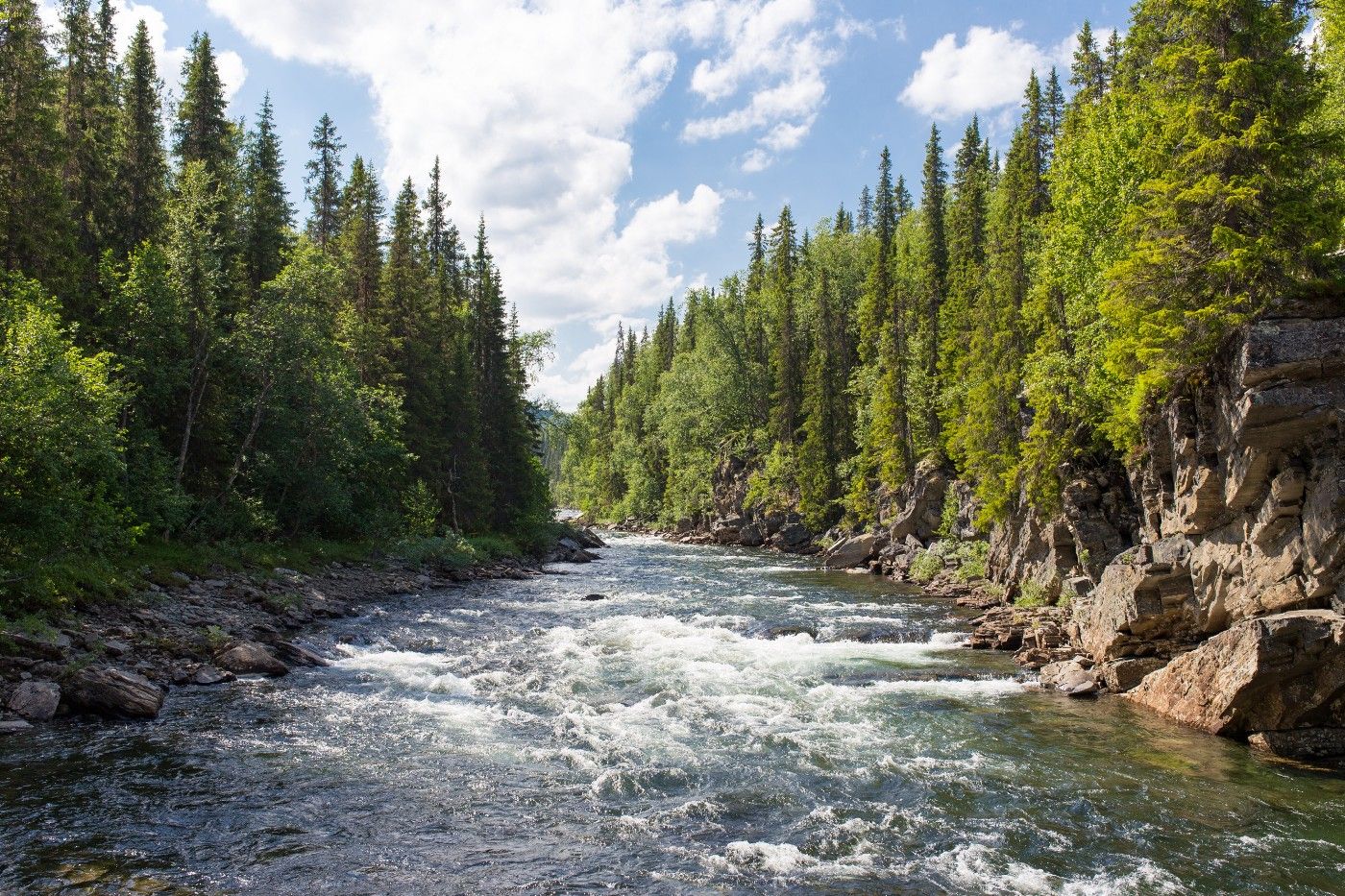The importance of bad days, sad days, and honoring what we need to feel
Eddie just placed a piping hot bowl of home made cauliflower soup with cheese front of me, grinned his beautiful white-toothed grin, and is now working on the main dish as I slurp this magnificent soup.
It’s a fine moment, here in Arusha, Tanzania. Just outside the huge picture window of this gracious home (called Researcher’s Rest, for some reason, and is now a bed and breakfast) the broad yard opens to a wall of tall trees and bushes. Back in 1996 they were barely the circumference of Eddie’s slim wrist. Today, one of the staff had to use a very tall ladder to trim the verge, and the palms and garden provide lots of fresh goods for Eddie’s magical kitchen.
I am happiest when I am on the road, on a horse, in new culture. The bird in my chest sings most loudly on a horse at the dead run, when I have calmed or put an animal happily into snore-country with my hands.
There are plenty of times that I am joyful.
Plenty of times I am not.
About six months ago I read an article by a Medium writer who argued, quite strenuously, that we should be happy all the time.
I disagree, pretty strongly.
Then there are folks who buy into the (completely falsely interpreted) Buddhist teaching that all life is suffering.
Life entails pain, and at times, suffering. It has to, or else you aren’t living.
But our entire existence doesn’t have to be.
There’s a perfectly natural, and perfectly lovely ebb and flow. The challenge for us is to accept, embrace and relax into those authentic feelings.
Anyone who has lived close to a body of water understands waves.
The great Buddhist monk Thích Nhất Hạnh wrote a number of books, my favorite of which is The Heart of the Buddha’s Teaching. While it is most certainly our journey to find a way to embrace and understand the inevitable pain that exists, and that is a big part of the practice of Buddhism, the real purpose is to learn from those things that cause us pain. For we will feel them.
The loss of a friend, a parent, a child, a lover. The loss of health, or an accident. These things are inevitable, but they all carry meaning. Hạnh often uses the analogy of waves to make his point. Me, too. A wave can’t become a wave without the trough, the lowest part, so that her head can reach skyward, her froth bubbling up towards the sun.
The perfection of the wave is brief, beautiful. She promptly becomes one with the ocean again to be part of the next wave, part of her at the bottom, part of her at the top. All waves are like that, just as they are when they mark the shorelines where we search for shells.
That’s ebb and flow.
No more than a wave can maintain its size and shape forever, neither do we need to feed on what hurts us forever. Some of us do that, and waste what little time we have on Earth in a pseudo-Calvinist half-life of self-hate.
This past year, 2019, there were awful days that I was wickedly sick, largely the result of the final, nasty breakup with my ex. Then later during the summer there were days during an epic adventure trip in Canada that people bullied me, and it was downright miserable.
They ended. Always do.
Then there were days that I sat astride a magnificent horse, fully in my mastery, at a dead run, feeling one with the Universe and everything I understand to be Sacred.
Even days when I would drive out in the early morning, feel for no reason that I could think of so joyful I cried. Just to be alive.
They ended. Always do.
Ebb and flow.
Often in the same day, as I am at my very best in the earliest hours. My trough is about 4 pm, when I am still up for another three and a half and my energy level is flagging.
This is as it should be.
If I need to mourn for a moment, I mourn.
If I need to cry for joy, I cry for joy.
Then those parts of me return to my heart, where they will form the next waves.
My favorite Hanh description is of sitting quietly on the river bank, watching the rivers of our emotions go by. There: a wave of sadness, from a memory. Here, a wave of joy, from a friend’s hug. There….
All part of the river of life.
You and I must ebb, so that we may flow.

Comments powered by Talkyard.